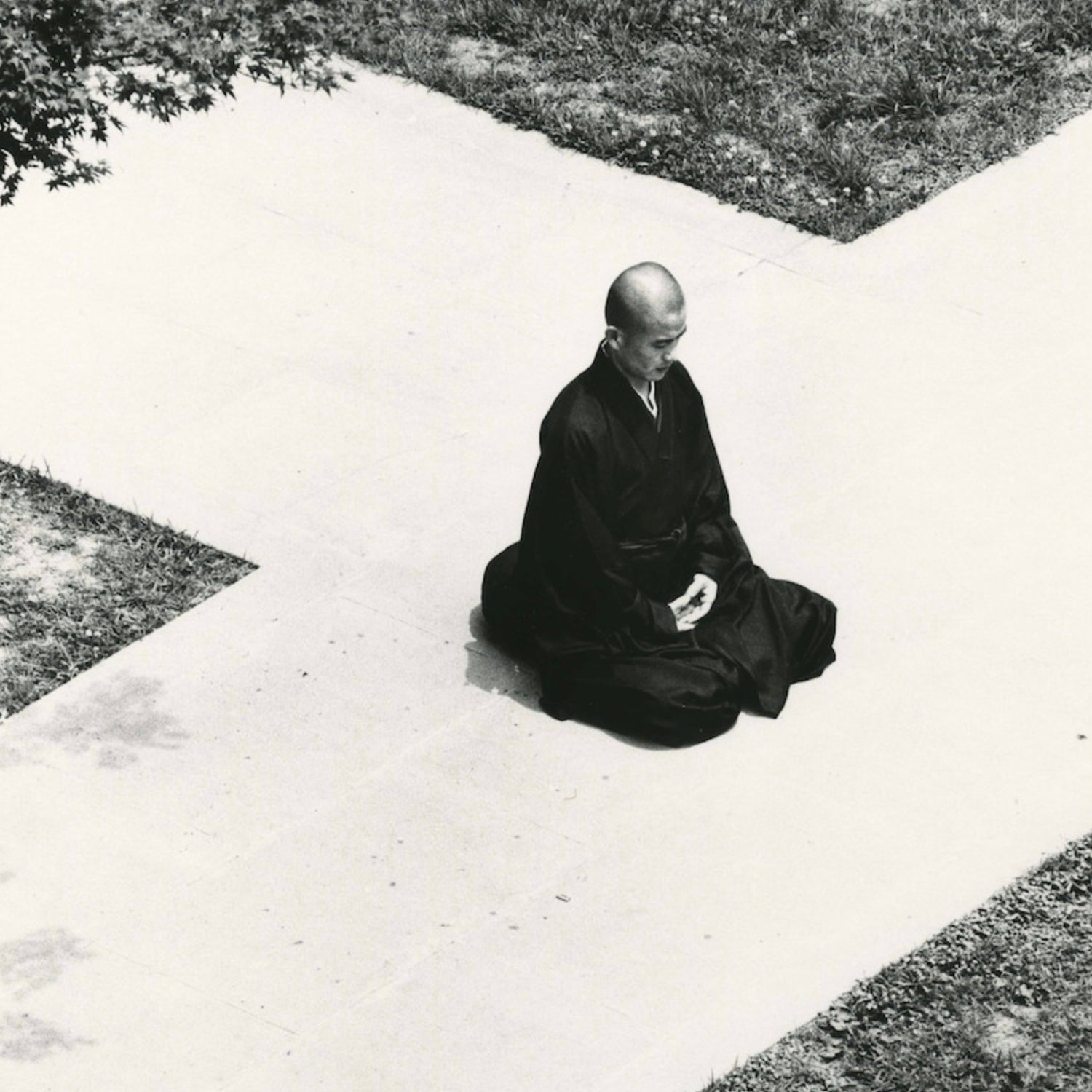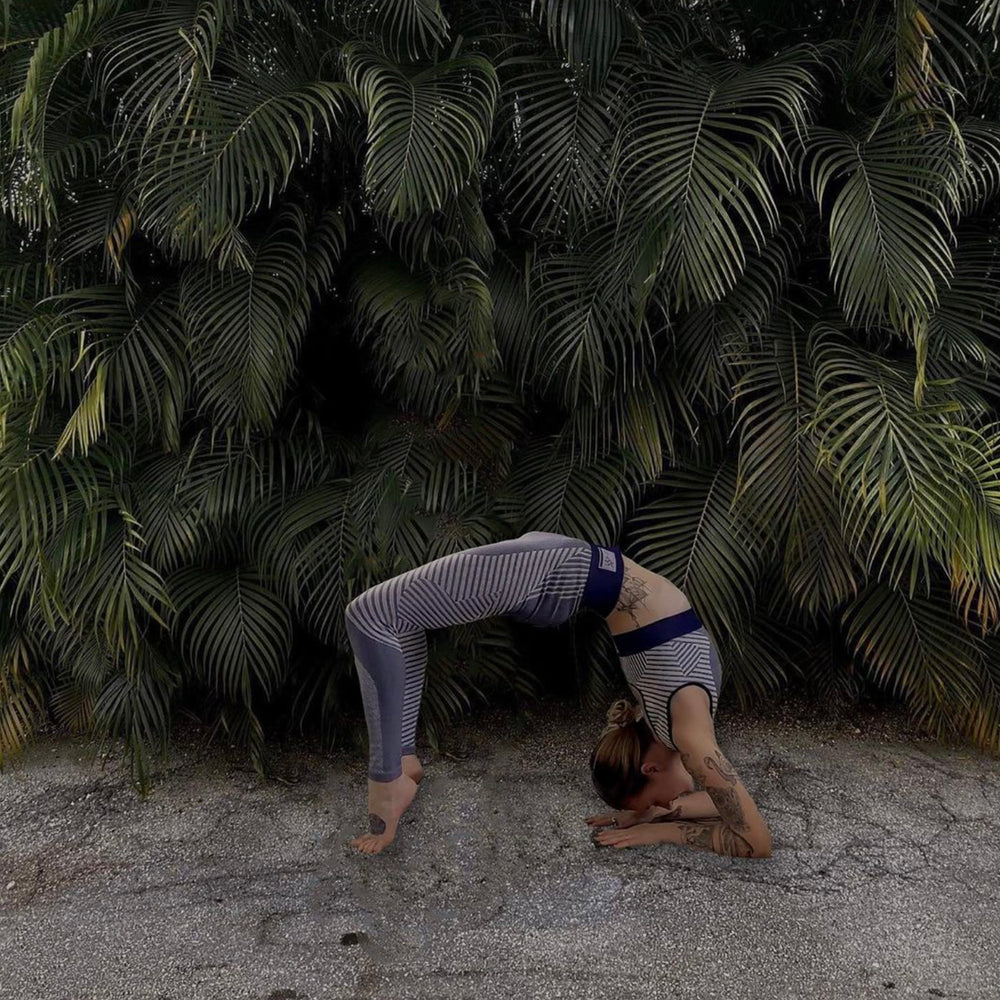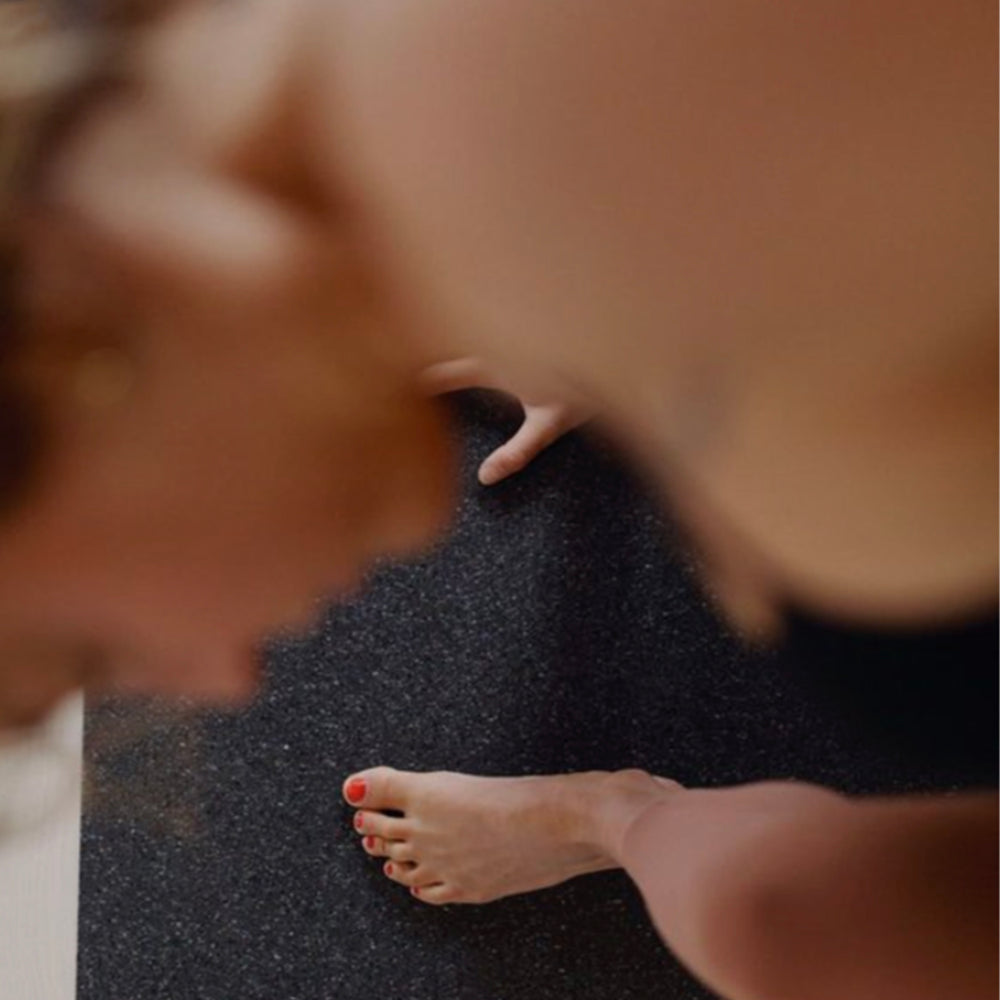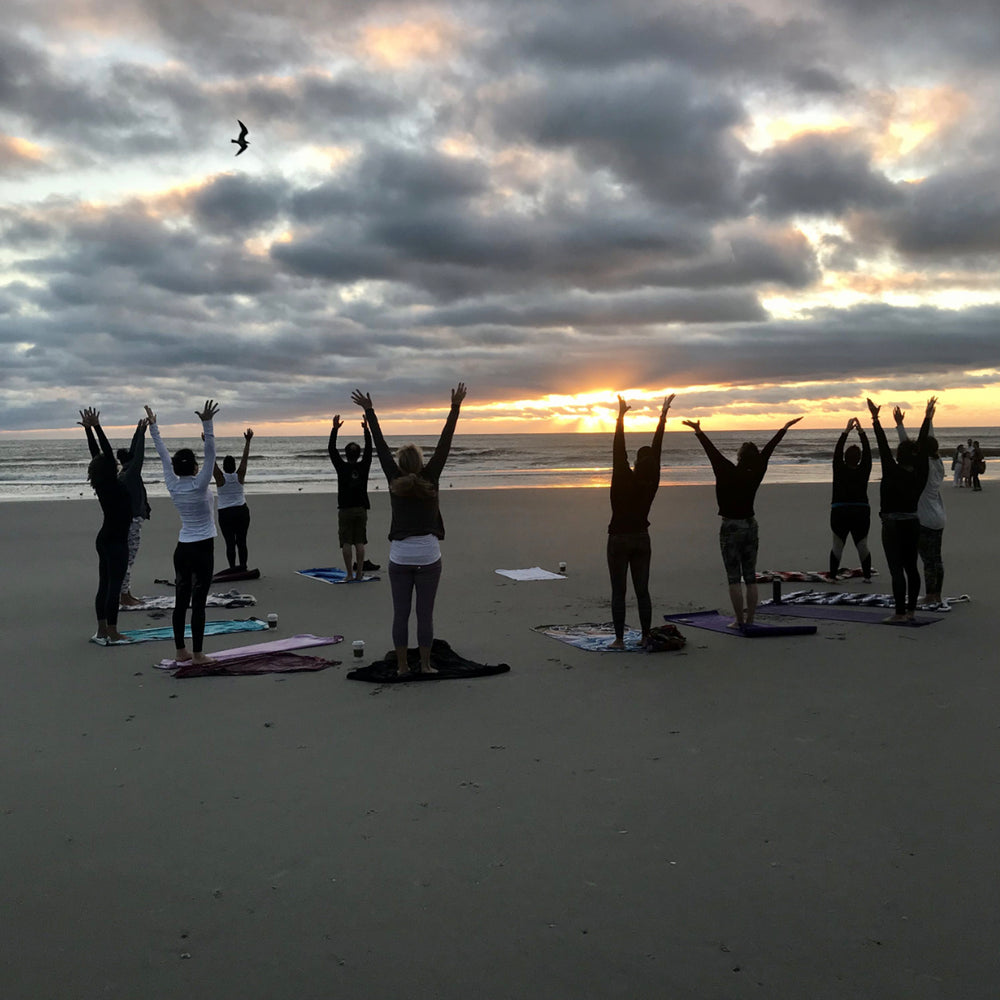
In a world filled with noise, distractions, and constant demands, finding a sense of inner peace and tranquility is more valuable than ever. Meditation, often associated with mindfulness and the practice of zen, offers a powerful and accessible way to achieve this state of calm and balance. In this comprehensive guide to meditation, we will explore what meditation is, its various forms and benefits, practical tips for beginners, and how to incorporate meditation into your daily life.
Understanding Meditation
Meditation is an ancient practice that has been used for thousands of years across various cultures and traditions. It involves focusing your attention and eliminating the stream of thoughts that may be crowding your mind. Meditation is not about emptying your mind completely; rather, it's about becoming aware of your thoughts, feelings, and sensations without judgment.
Key Elements of Meditation:
1. Mindfulness: Meditation often involves mindfulness, which is the practice of paying attention to the present moment without judgment. It can be as simple as observing your breath or the sensations in your body.
2. Concentration: Some meditation techniques require concentrating your attention on a specific object, thought, or mantra. This helps quiet the mind and reduce distractions.
3. Breath Awareness: Focusing on the breath is a common meditation technique. It helps anchor your awareness to the present moment and can promote relaxation.
4. Body Scan: A body scan meditation involves systematically directing your attention to different parts of your body, releasing tension, and promoting relaxation.
5. Visualizations: Guided meditation often includes visualizations where you imagine peaceful and serene places or scenarios to induce relaxation.
Benefits of Meditation
Meditation offers a wide range of physical, mental, and emotional benefits. Here are some of the most significant advantages of incorporating meditation into your life:
1. Stress Reduction: Meditation is renowned for its ability to reduce stress by calming the mind and promoting relaxation. Regular practice can lead to lower cortisol levels, the hormone associated with stress.
2. Improved Concentration: Meditation enhances your ability to concentrate and sustain attention. This can lead to increased productivity and better decision-making.
3. Emotional Regulation: Meditation helps you become more aware of your emotions and how to respond to them mindfully. It can lead to greater emotional stability and resilience.
4. Anxiety Reduction: Many people experience a reduction in symptoms of anxiety disorders through meditation. It provides tools to manage anxious thoughts and feelings.
5. Better Sleep: Meditation can improve the quality of your sleep by calming the mind and reducing racing thoughts that can interfere with rest.
6. Pain Management: Some meditation techniques, such as mindfulness-based stress reduction (MBSR), have been shown to help individuals manage chronic pain and discomfort.
7. Enhanced Self-Awareness: Meditation fosters self-awareness by encouraging introspection and self-reflection. It can lead to a deeper understanding of yourself and your behaviors.
8. Increased Compassion: Regular meditation practice can promote feelings of compassion and empathy towards oneself and others.
9. Lower Blood Pressure: Meditation has been linked to lower blood pressure, which can reduce the risk of heart disease and improve overall cardiovascular health.
10. Enhanced Well-Being: Ultimately, meditation can lead to a greater sense of well-being, contentment, and a more positive outlook on life.
Different Forms of Meditation
There are various forms of meditation, each with its unique approach and focus. Here are some of the most commonly practiced meditation techniques:
1. Mindfulness Meditation: Mindfulness meditation involves paying non-judgmental attention to your breath, thoughts, and sensations in the present moment. It's about being fully present and aware of what's happening within and around you.
2. Transcendental Meditation (TM): TM is a mantra-based meditation technique where practitioners silently repeat a specific mantra to achieve a state of deep relaxation and transcendent awareness.
3. Loving-Kindness Meditation (Metta): Metta meditation involves generating feelings of love, compassion, and goodwill towards yourself and others. It's a practice of cultivating a loving heart.
4. Body Scan Meditation: In this meditation, you systematically scan your body from head to toe, releasing tension and promoting relaxation in each body part.
5. Zen Meditation (Zazen): Zazen is a form of Zen Buddhism that involves sitting in a specific posture, focusing on the breath, and observing thoughts without attachment. It's characterized by simplicity and discipline.
6. Guided Meditation: Guided meditations are led by a teacher or recorded audio that guides you through a specific meditation experience, often using visualization and relaxation techniques.
7. Vipassana Meditation: Vipassana is an ancient meditation technique that involves deep self-observation and insight into the nature of reality. It's often practiced in silent retreats.
8. Chakra Meditation: Chakra meditation focuses on aligning and balancing the body's energy centers or chakras. Each chakra is associated with specific qualities and emotions.
9. Yoga Nidra: Yoga Nidra, also known as yogic sleep, is a guided meditation practice that induces deep relaxation and is often used for stress relief and healing.
10. Mantra Meditation: Mantra meditation involves silently or audibly repeating a specific word, phrase, or sound (mantra) to focus the mind and achieve a meditative state.
Getting Started with Meditation
If you're new to meditation, here are some practical steps to help you get started:
1. Find a Quiet Space: Choose a quiet and comfortable space where you won't be disturbed during your meditation practice.
2. Set a Time: Decide on a specific time for your daily meditation. Consistency is key to establishing a regular practice.
3. Choose a Technique: Select a meditation technique that resonates with you. You can experiment with different forms to find what suits you best.
4. Comfortable Posture: Sit or lie down in a comfortable position. You can use a cushion or chair if needed. The goal is to be relaxed yet alert.
5. Start with Breath Awareness: If you're new to meditation, begin with a simple breath awareness practice. Focus on your breath as it flows in and out of your body.
6. Set a Timer: Use a timer or meditation app to set a specific duration for your practice. Start with a shorter time, such as 5 or 10 minutes, and gradually increase it as you become more comfortable.
7. Be Patient: Meditation is a skill that takes time to develop. Be patient with yourself and understand that it's normal for the mind to wander during meditation. Gently bring your attention back to your chosen point of focus.
8. Guided Meditations: If you're unsure where to start, consider using guided meditations from reputable sources or meditation apps. These can provide structure and guidance for your practice.
9. Journaling: Consider keeping a meditation journal to record your experiences, insights, and any challenges you encounter during your practice.
10. Seek Support: Join a local meditation group or community to connect with others and receive support and guidance on your meditation journey.
Incorporating Meditation into Your Daily Life
Meditation is not limited to formal sessions; it can be integrated into your daily life. Here are some ways to incorporate meditation into your daily routine:
1. Morning Routine: Start your day with a brief meditation to set a positive and mindful tone for the day ahead.
2. Mindful Eating: Practice mindful eating by savoring each bite and being fully present during meals.
3. Commute Meditation: If you commute, use that time for meditation, whether it's focusing on your breath or practicing gratitude.
4. Mindful Breaks: Take short meditation breaks throughout the day to re-center and reduce stress.
5. Evening Wind-Down: Use meditation as part of your bedtime routine to promote relaxation and better sleep.
6. Before Challenging Situations: Meditate before facing challenging situations, such as meetings or important conversations, to calm your nerves and enhance focus.
7. Mindful Walks: Enjoy mindful walks in nature, paying attention to your surroundings and the sensations in your body.
8. Breathing Exercises: Incorporate mindful breathing exercises into your daily routine, even in moments of stress.
A Journey to Inner Peace
Meditation is a powerful tool for cultivating inner peace, reducing stress, and enhancing overall well-being. Whether you're seeking relaxation, personal growth, or a deeper connection with yourself, meditation offers a path to greater self-awareness and tranquility. Start your meditation journey today, explore different techniques, and remember that consistency and patience are key to reaping the full benefits of this ancient practice. As you dive into the world of meditation, you may find that the journey inward leads to a more balanced and harmonious life outward.
|











